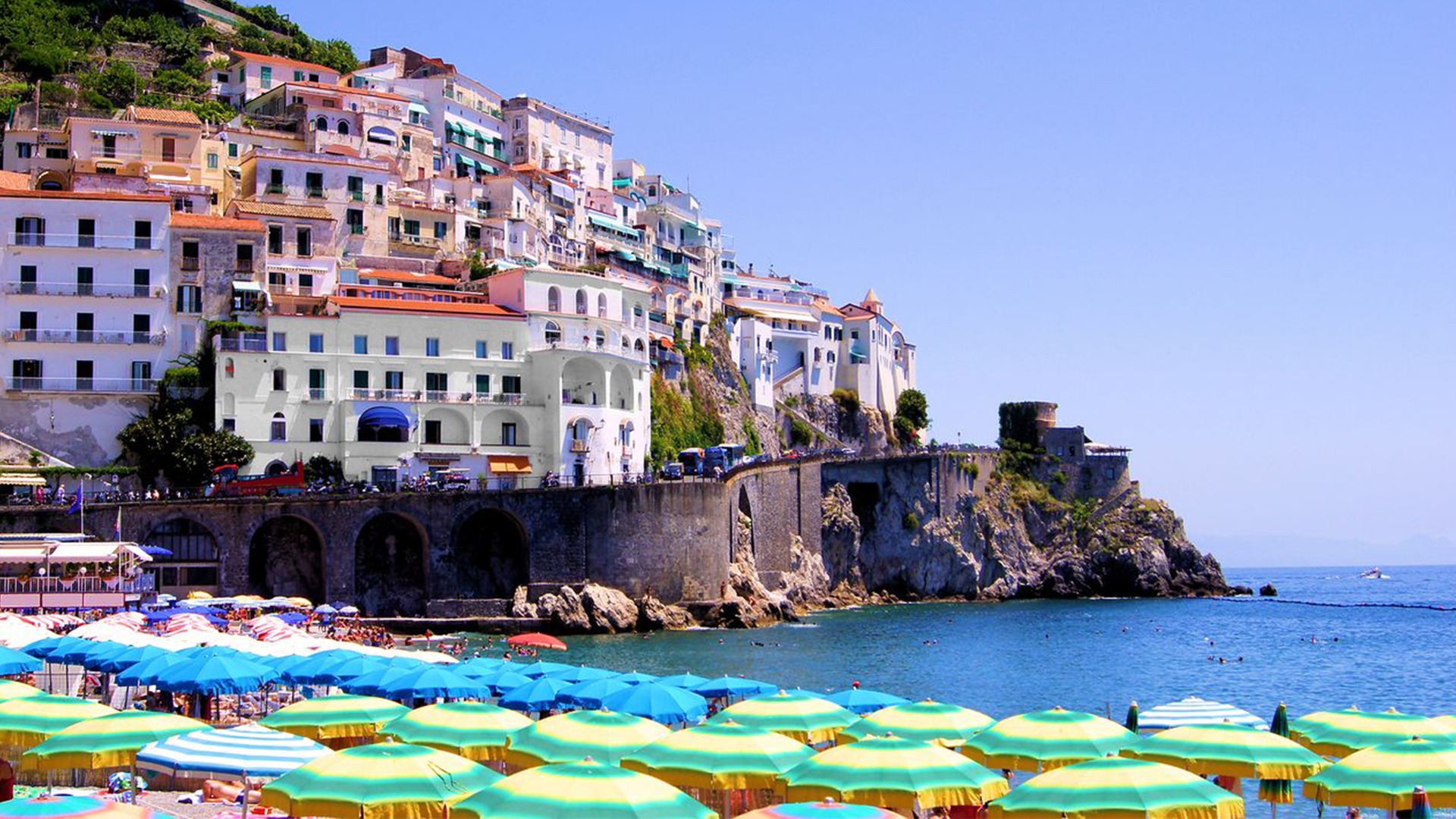How to celebrate like an Italian
What is Ferragosto?
Ferragosto, a national Italian holiday celebrated on August 15, is arguably one of Italy’s most popular holidays after Christmas and Easter. The holiday’s roots lie in Ancient Rome with Emperor Augustus; who in 18 BC introduced the Feriae Augusti. This was a set of feasts that began on August 1 to provide Roman citizens with a longer period of rest after the harvest season. Horse races were organized across the Empire, an ancient tradition that lives on today in the Palio dell’Assunta, a horse race held every year on August 16 in the Tuscan city of Siena.
As the Roman Empire fell and Christianity rose to the forefront, the holiday was moved to August 15 and converted into a religious day to commemorate the Feast of Assumption, when the Virgin Mary ascended into Heaven.
What do Italians do to celebrate?
For modern-day Italians, Ferragosto is a time to take a break from work and spend time with family and friends. While the official holiday is celebrated on August 15, some Italians take a week or two off to travel to the beach, into the mountains, or by the lake.

(Photo by Fabrizio Villa/Getty Images)
“We used to go to our casa al mare [beach house] and we’d hang out and spend the day at the beach,” says 23-year-old Lorenzo Doyle from Rome. “[Ferragosto] is a time to put your feet up, eat well, catch up with family, especially if you haven’t seen them in a while.”
During the month of August and especially around Ferragosto, the Emerald Coast in Sardinia, the Amalfi Coast, and the Adriatic Coast are particularly popular destinations for Italians. Many also travel north to Lakes Como and Garda or to the Italian Alps, the Apennines, or the Dolomites for hiking and trekking options. Some Italians may also choose to spend their holidays in their country homes in the Tuscan and Umbrian countryside.
“Ferragosto is really [appreciated] by parents, people who are working in general, because it is a day off, sometimes in the middle of the week,” says Doyle. “Growing up in Italy as a kid, it was an excuse to hang out with cousins, whether it was by the pool or by the beach. It was very lighthearted.”
Is everything closed during the holiday?
Major cities empty out and bars, restaurants, coffee shops, and stores hang up their “chiusi per ferie” (closed for the holiday) signs. Larger supermarkets remain open for a half day and public transportation systems operate normally according to a holiday timetable. Museums and archaeological sites stay open (with the exception of the Vatican museums), allowing visitors to feel as if they have places like the Colosseum to themselves. For the Italians who choose to stay at home, the mass exodus from the cities provides a much-needed respite from the crowds – the streets are quieter and parking is much easier to find.
What are some traditional Ferragosto events?
The Palio di Siena is one of the most famous annual events in Italy. Held twice a year on July 2 and August 16, it takes place in Piazza del Campo in Siena. The race, in which jockeys dressed in colorful clothes ride bareback, circles the piazza three times. The race usually only lasts about 90 seconds but the lack of saddles and the quick turns often leave horses riderless.

(Photo by Carlo Bressan/Anadolu Agency via Getty Images)
Every August 15, the people of Messina, Sicily pull a 40-foot-statue representing the Virgin Mary’s final resting place through their streets, a tradition that has been maintained for six centuries. The religious festival, called the Vara of Messina (vara being the Sicilian form of the Italian word bara, meaning coffin), represents the Dormition of the Mother of God, a Christian doctrine that states that Mary did not die but rather fell into a deep sleep during which she ascended to heaven. Every year, men dressed in blue in honor of the Madonna use long, thick ropes to pull the massive statue.
The Giostra del Saracino of Sarteano, a city in the province of Siena, is an ancient jousting tournament on horseback that dates back to the times of Charlemagne and the Crusades in the early Middle Ages. Five jousters dressed in the colors representing the five districts in which the town is divided compete on horseback for the coveted Palio.
Asia London Palomba
Asia London Palomba is a trilingual freelance journalist from Rome, Italy, currently pursuing her master's in journalism at New York University (NYU). In the past, her work on culture, travel and history has been published in The Boston Globe, Atlas Obscura and The Christian Science Monitor. In her free time, Asia enjoys travelling home to Italy to spend time with family and friends, drinking Hugo Spritzes and making her nonna's homemade cavatelli.

